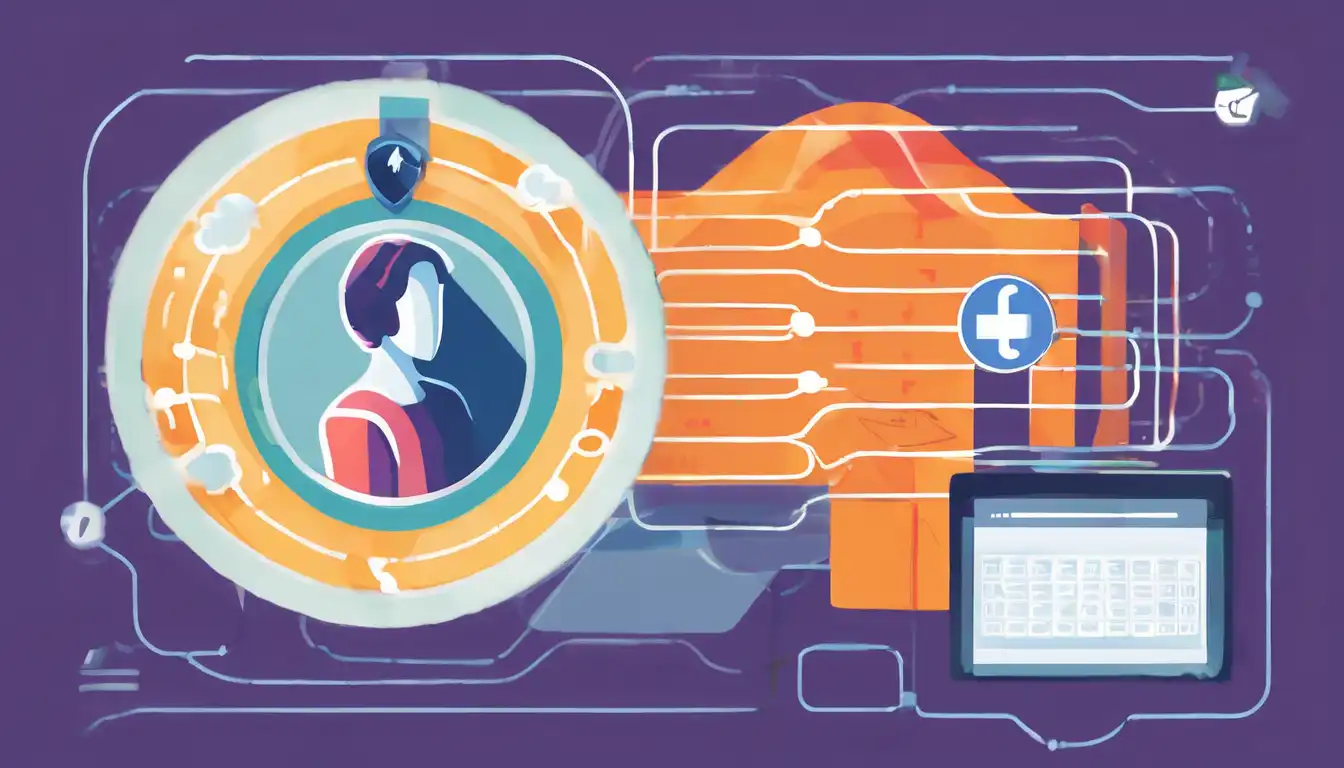Why VPNs Are Crucial for Online Privacy
In today's digital age, protecting your online privacy has never been more important. With cyber threats on the rise, a Virtual Private Network (VPN) serves as a critical tool in safeguarding your personal information. This guide will explore the ins and outs of VPNs and how they contribute to your online privacy.
What Is a VPN?
A VPN is a service that encrypts your internet connection and hides your IP address, making your online actions virtually untraceable. This not only protects your data from hackers but also allows you to browse the internet anonymously.
How Does a VPN Protect Your Privacy?
VPNs use advanced encryption protocols to secure your data transmission. Whether you're using public Wi-Fi or your home network, a VPN ensures that your sensitive information, such as passwords and credit card numbers, is protected from prying eyes.
Choosing the Right VPN for Your Needs
Not all VPNs are created equal. When selecting a VPN, consider factors such as encryption strength, server locations, and privacy policies. Here are some key features to look for:
- No-logs policy: Ensures that your browsing history isn't stored or shared.
- Kill switch: Automatically disconnects you from the internet if the VPN connection drops, preventing data leaks.
- Multi-platform support: Allows you to protect all your devices with a single subscription.
The Role of VPNs in Bypassing Geo-Restrictions
Beyond privacy, VPNs enable you to access content that may be restricted in your region. By connecting to a server in a different country, you can enjoy a wider range of streaming services, websites, and online resources.
Common Misconceptions About VPNs
Despite their benefits, there are several myths surrounding VPNs. Let's debunk some of the most common ones:
- VPNs are only for tech-savvy users: Modern VPNs are user-friendly and require minimal setup.
- VPNs slow down your internet speed: While there may be a slight decrease, premium VPNs offer fast and reliable connections.
- VPNs are illegal: In most countries, using a VPN is perfectly legal, though it's important to use them responsibly.
Final Thoughts on VPNs and Online Privacy
In conclusion, a VPN is an essential tool for anyone looking to enhance their online privacy and security. By understanding how VPNs work and what to look for in a service, you can make an informed decision that best suits your needs. Remember, in the digital world, taking proactive steps to protect your privacy is not just optional—it's necessary.
For more insights on internet security, check out our guide on Understanding Encryption and how it plays a vital role in protecting your online data.
